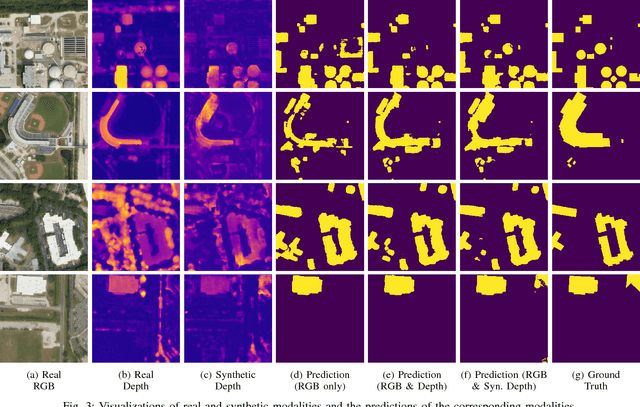Florian König
Bringing the Algorithms to the Data -- Secure Distributed Medical Analytics using the Personal Health Train
Dec 07, 2022Abstract:The need for data privacy and security -- enforced through increasingly strict data protection regulations -- renders the use of healthcare data for machine learning difficult. In particular, the transfer of data between different hospitals is often not permissible and thus cross-site pooling of data not an option. The Personal Health Train (PHT) paradigm proposed within the GO-FAIR initiative implements an 'algorithm to the data' paradigm that ensures that distributed data can be accessed for analysis without transferring any sensitive data. We present PHT-meDIC, a productively deployed open-source implementation of the PHT concept. Containerization allows us to easily deploy even complex data analysis pipelines (e.g, genomics, image analysis) across multiple sites in a secure and scalable manner. We discuss the underlying technological concepts, security models, and governance processes. The implementation has been successfully applied to distributed analyses of large-scale data, including applications of deep neural networks to medical image data.
Overcoming Missing and Incomplete Modalities with Generative Adversarial Networks for Building Footprint Segmentation
Aug 09, 2018



Abstract:The integration of information acquired with different modalities, spatial resolution and spectral bands has shown to improve predictive accuracies. Data fusion is therefore one of the key challenges in remote sensing. Most prior work focusing on multi-modal fusion, assumes that modalities are always available during inference. This assumption limits the applications of multi-modal models since in practice the data collection process is likely to generate data with missing, incomplete or corrupted modalities. In this paper, we show that Generative Adversarial Networks can be effectively used to overcome the problems that arise when modalities are missing or incomplete. Focusing on semantic segmentation of building footprints with missing modalities, our approach achieves an improvement of about 2% on the Intersection over Union (IoU) against the same network that relies only on the available modality.
 Add to Chrome
Add to Chrome Add to Firefox
Add to Firefox Add to Edge
Add to Edge